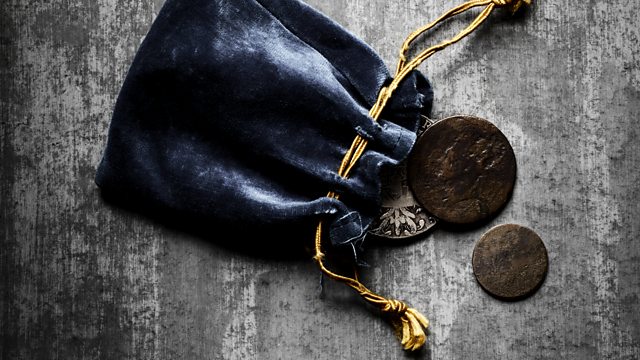The Birth of Capitalism
David Graeber on the influence of debt during the birth of capitalism and the centrality of debt to the slave trade. From March 2015.
Anthropologist David Graeber examines the influence of debt during the birth of capitalism and the centrality of debt to the slave trade.
The conventional view is that the innovations during the birth of capitalism led to greater material prosperity enabling us to lead happier lives. David argues that, in fact, these times were marked by extraordinary levels of war and violence. This was an age of giant empires, standing armies and chattel slavery - a time when money came to be seen as a physical thing and debts had to be repaid.
The enormous productivity of the era was only made possible by the existence of extraordinary mechanisms designed to pump out more and more disciplined labour. The history of the Atlantic slave trade is a perfect example and debt underpinned the entire process.
In the late 17th century, ship owners based in Liverpool or Bristol would acquire goods such as copper wires and brass rods on easy credit terms from local wholesalers, expecting to make good by selling slaves (also on credit) to plantation owners in the Antilles and North America. Ship owners would then transport their wares to African ports like Ouidah, Bonny, or Calabar. The goods were then advanced to African merchants, again on credit, and those African merchants would pay back what they owed in slaves.
David Graeber also discusses the foundation of the Bank of England, the first successful experiment to create a central, national bank. Since the first loan that the bankers made to King William III, bringing the Bank of England into existence, money has been essentially circulating government debt.
Producer: Max O'Brien
A Juniper production for 大象传媒 Radio 4.
Last on
Broadcasts
- Wed 11 Mar 2015 13:45大象传媒 Radio 4
- Wed 11 Jan 2017 14:15大象传媒 Radio 4 Extra
- Thu 12 Jan 2017 02:15大象传媒 Radio 4 Extra

